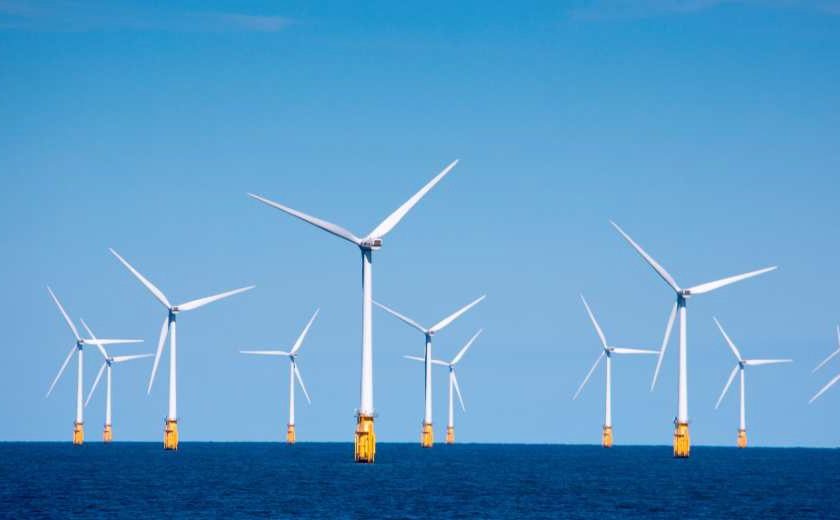A groundbreaking Dutch innovation that sustainably removes micro-pollutants during wastewater treatment has captured the Overall Winner title at the Aquatech Innovation Award 2025. Developed by consulting engineers Royal HaskoningDHV, Aurea represents a significant advancement in water treatment technology with global implications.
The Aquatech Innovation Award recognizes exceptional innovations capable of disrupting the global water market, and this year’s competition featured numerous high-quality entries. Following a thorough review by an independent jury led by Professor Cees Buisman, Scientific Director of Wetsus, Aurea emerged as the standout winner.
Created in partnership with Wageningen University, Aurea offers a sustainable solution for removing micro-pollutants from water in various treatment facilities, including wastewater plants, drinking water production sites, and industrial wastewater treatment plants. The technology combines the advantages of biological activated carbon filtration with oxidative treatment, aligning with European Urban Wastewater Treatment Directive requirements.
Aurea’s significance lies in its ability to remove a wide range of organic micro-pollutants while using less energy and fewer resources than existing technologies. This results in a reduced carbon footprint and lower operational costs while achieving superior chemical and biological water quality.
The jury particularly appreciated Aurea’s approach to mimicking natural processes. Professor Buisman explained that the technology uses activated carbon continuously regenerated by biomass, with minimal ozone addition to prevent bromate formation. He emphasized that this closely approximates natural processes while using activated carbon and ozone in an intelligent, responsible manner.
According to Professor Buisman, Aurea addresses a critical challenge for European society DROPLETS with potential billion-dollar market implications. The judging criteria focused on originality, practicality, and sustainability, with many entries demonstrating commitment to energy efficiency and addressing PFAS contamination.





